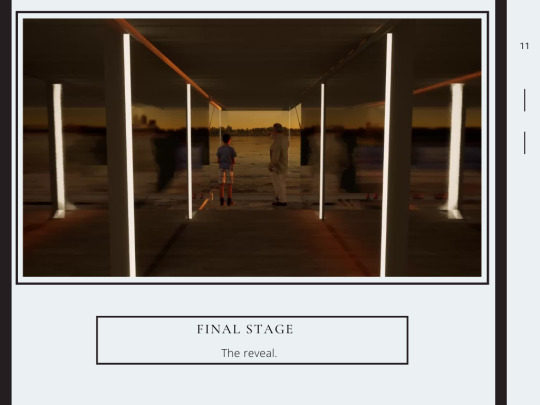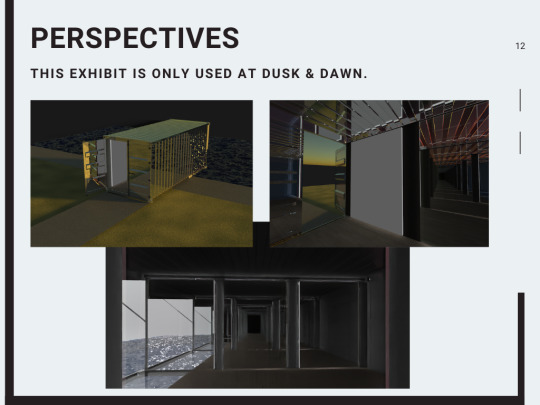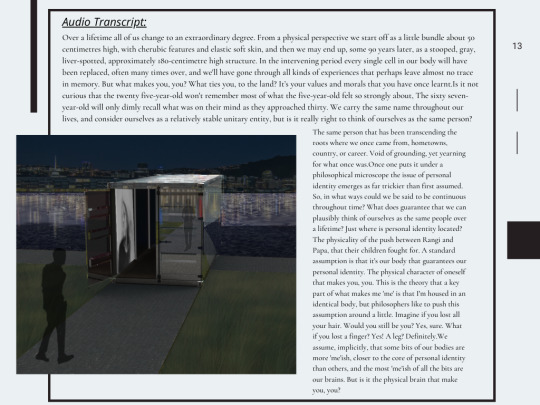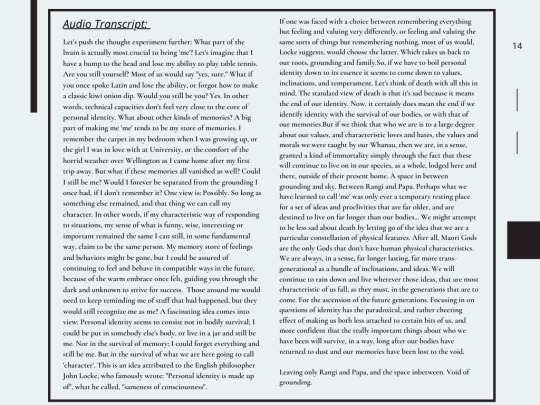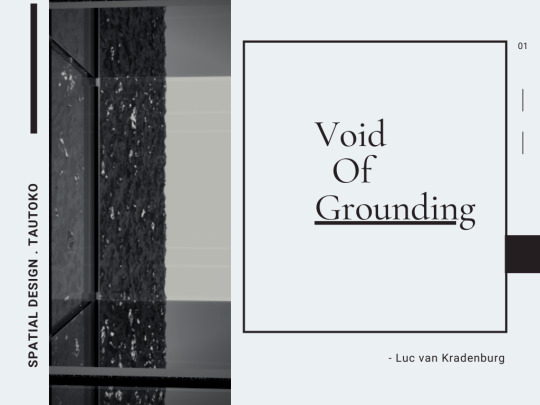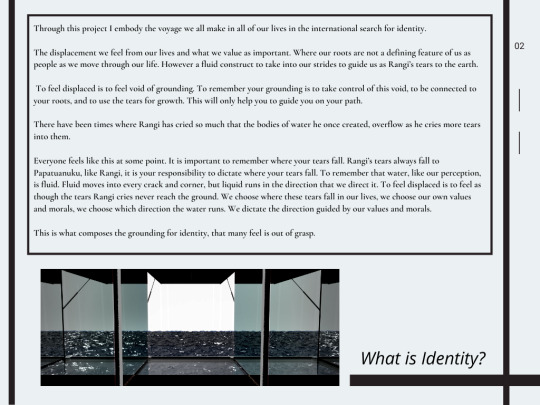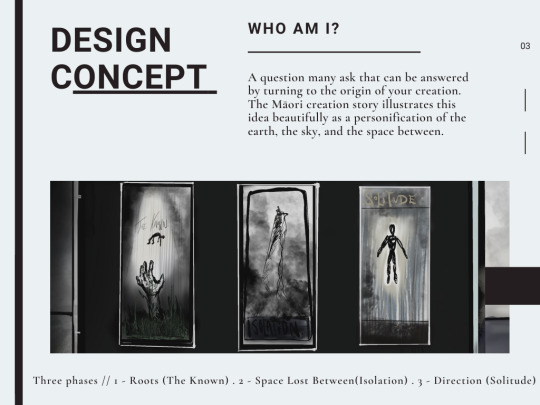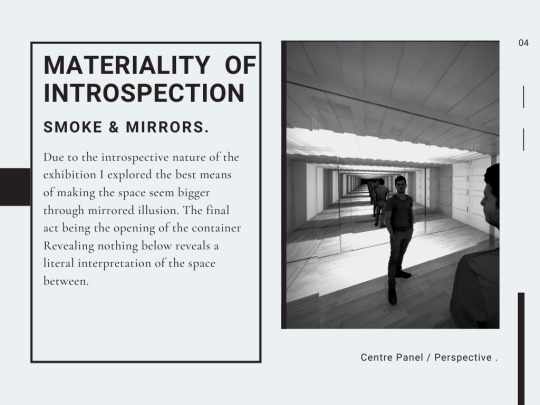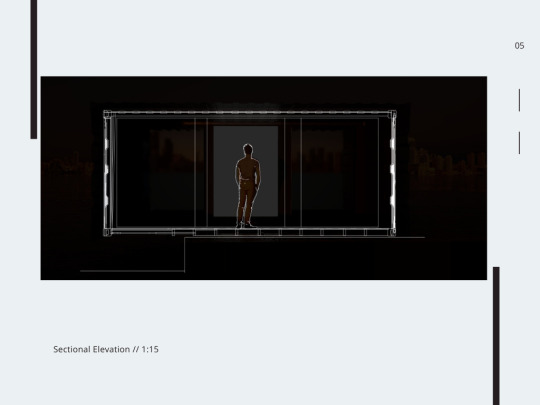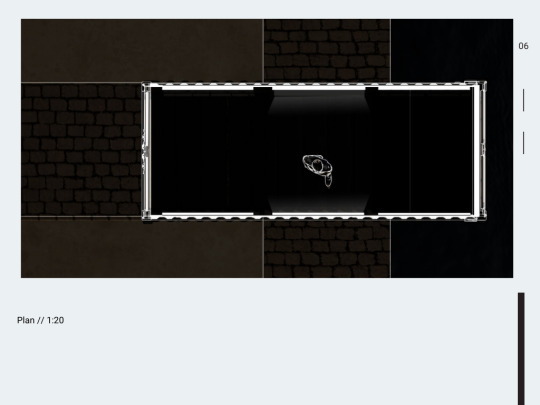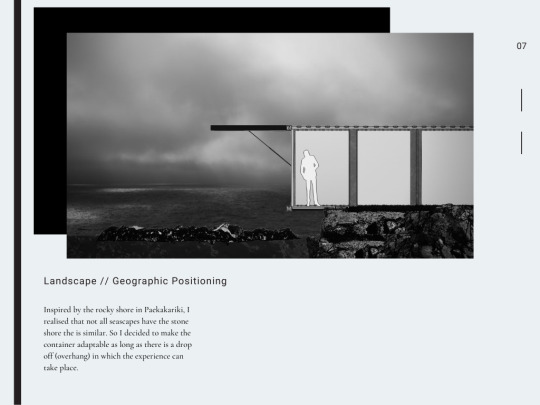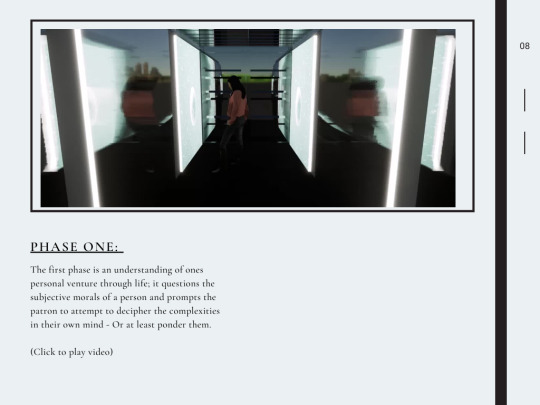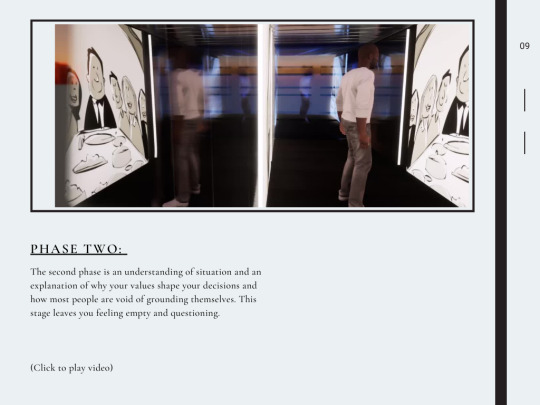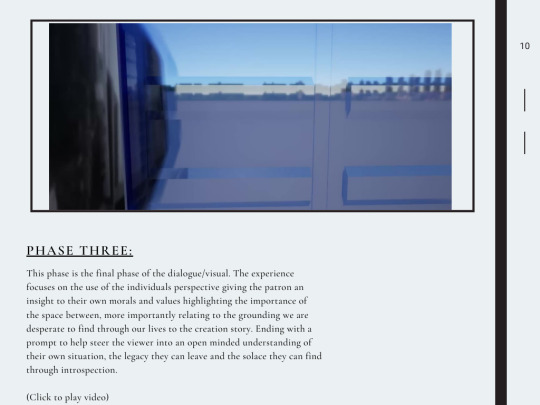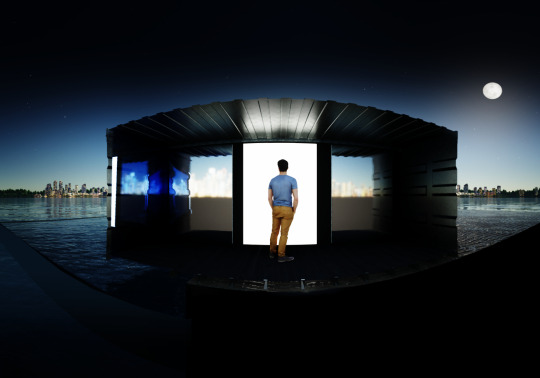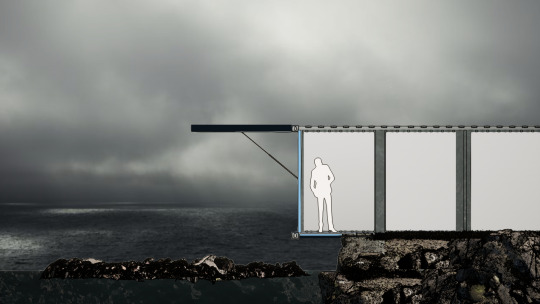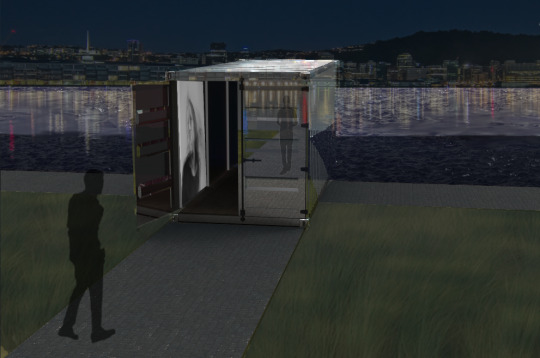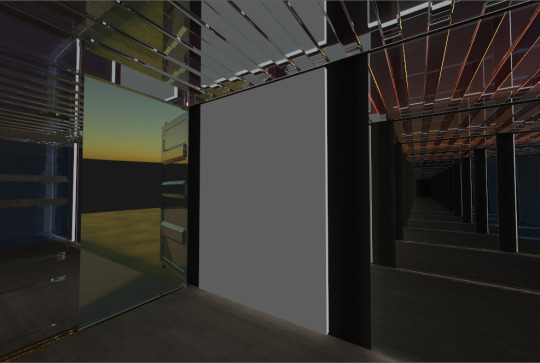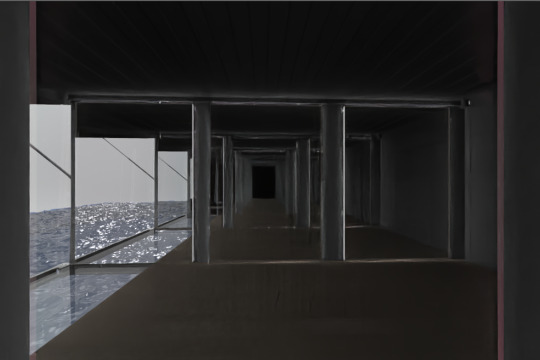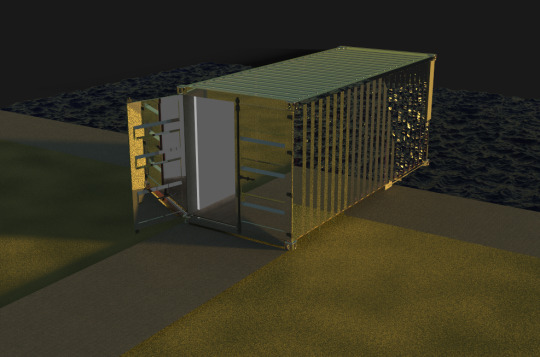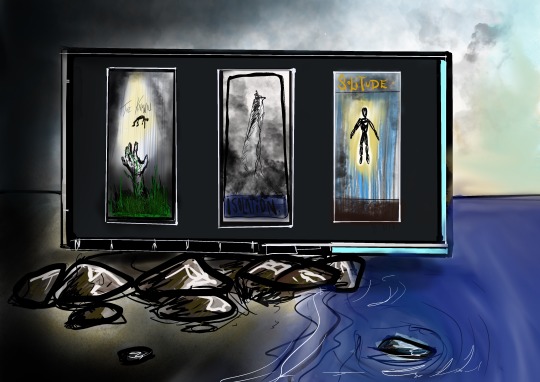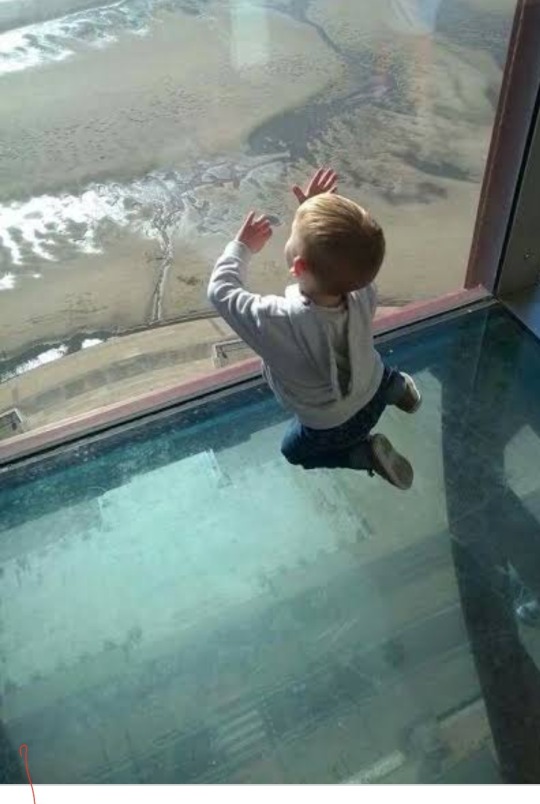Text
I see now that the circumstances of one's birth are irrelevant. It is what you do with the gift of life that determines who you are.
- Takeshi Shudo.
0 notes
Video
Final phase, the reveal of the glass floor/wall that develops the scene and allows for full introspection. The space between.
1 note
·
View note
Video
PHASE THREE LEADING TO FINAL STAGE: The explanation of your identity, morals and your values being based on your grounding and Whanau.
1 note
·
View note
Video
Phase One Video: Understanding identity - Questioning the space between Rangi and Papa
1 note
·
View note
Text
Audio transcript for 'Void Of Grounding’:
Over a lifetime all of us change to an extraordinary degree. From a physical perspective we start off as a little bundle about 50 centimetres high, with cherubic features and elastic soft skin, and then we may end up, some 90 years later, as a stooped, gray, liver-spotted, approximately 180-centimetre high structure.
In the intervening period every single cell in our body will have been replaced, often many times over, and we'll have gone through all kinds of experiences that perhaps leave almost no trace in memory. But what makes you, you? What ties you, to the land? It’s your values and morals that you have once learnt.
Is it not curious that the twenty five-year-old won't remember most of what the five-year-old felt so strongly about, The sixty seven-year-old will only dimly recall what was on their mind as they approached thirty. We carry the same name throughout our lives, and consider ourselves as a relatively stable unitary entity, but is it really right to think of ourselves as the same person? The same person that has been transcending the roots where we once came from, hometowns, country, or career. Void of grounding, yet yearning for what once was.
Once one puts it under a philosophical microscope the issue of personal identity emerges as far trickier than first assumed. So, in what ways could we be said to be continuous throughout time? What does guarantee that we can plausibly think of ourselves as the same people over a lifetime? Just where is personal identity located? The physicality of the push between Rangi and Papa, that their children fought for. A standard assumption is that it's our body that guarantees our personal identity. The physical character of oneself that makes you, you.
This is the theory that a key part of what makes me 'me' is that I'm housed in an identical body, but philosophers like to push this assumption around a little.
Imagine if you lost all your hair. Would you still be you? Yes, sure. What if you lost a finger? Yes! A leg? Definitely.
We assume, implicitly, that some bits of our bodies are more 'me'ish, closer to the core of personal identity than others, and the most 'me'ish of all the bits are our brains. But is it the physical brain that make you, you?
Let's push the thought experiment further: What part of the brain is actually most crucial to being 'me'? Let's imagine that I have a bump to the head and lose my ability to play table tennis. Are you still yourself? Most of us would say "yes, sure." What if you once spoke Latin and lose the ability, or forgot how to make a classic kiwi onion dip. Would you still be you? Yes.
In other words, technical capacities don't feel very close to the core of personal identity. What about other kinds of memories? A big part of making me 'me' tends to be my store of memories. I remember the carpet in my bedroom when I was growing up, or the girl I was in love with at University, or the comfort of the horrid weather over Wellington as I came home after my first trip away.
But what if these memories all vanished as well? Could I still be me? Would I forever be separated from the grounding I once had, if I don’t remember it?
One view is: Possibly.
So long as something else remained, and that thing we can call my character. In other words, if my characteristic way of responding to situations, my sense of what is funny, wise, interesting or important remained the same I can still, in some fundamental way, claim to be the same person.
My memory store of feelings and behaviors might be gone, but I could be assured of continuing to feel and behave in compatible ways in the future, because of the warm embrace once felt, guiding you through the dark and unknown to strive for success.
Those around me would need to keep reminding me of stuff that had happened, but they would still recognize me as me? A fascinating idea comes into view: Personal identity seems to consist not in bodily survival; I could be put in somebody else's body, or live in a jar and still be me. Nor in the survival of memory; I could forget everything and still be me. But in the survival of what we are here going to call 'character'. This is an idea attributed to the English philosopher John Locke, who famously wrote: "Personal identity is made up of", what he called, "sameness of consciousness". If one was faced with a choice between remembering everything but feeling and valuing very differently, or feeling and valuing the same sorts of things but remembering nothing, most of us would, Locke suggests, would choose the latter. Which takes us back to our roots, grounding and family.
So, if we have to boil personal identity down to its essence it seems to come down to values, inclinations, and temperament. Let's think of death with all this in mind. The standard view of death is that it's sad because it means the end of our identity. Now, it certainly does mean the end if we identify identity with the survival of our bodies, or with that of our memories.
But if we think that who we are is to a large degree about our values, and characteristic loves and hates, the values and morals we were taught by our Whanau, then we are, in a sense, granted a kind of immortality simply through the fact that these will continue to live on in our species, as a whole, lodged here and there, outside of their present home. A space in between grounding and sky. Between Rangi and Papa. Perhaps what we have learned to call 'me' was only ever a temporary resting place for a set of ideas and proclivities that are far older, and are destined to live on far longer than our bodies...
We might attempt to be less sad about death by letting go of the idea that we are a particular constellation of physical features. After all, Maori Gods are the only Gods that don’t have human physical characteristics. We are always, in a sense, far longer lasting, far more trans-generational as a bundle of inclinations, and ideas.
We will continue to rain down and live wherever those ideas, that are most characteristic of us fall, as they must, in the generations that are to come. For the ascension of the future generations. Focusing in on questions of identity has the paradoxical, and rather cheering effect of making us both less attached to certain bits of us, and more confident that the really important things about who we have been will survive, in a way, long after our bodies have returned to dust and our memories have been lost to the void, leaving only Rangi and Papa, and the space inbetween. Void of grounding.
0 notes
Text
The Concept refined.
The transformational stages the patrons attending my experience will encounter have an existential overtone.
I have broken it down to three stages, from the original five.
Before I delve into these however I need to touch into the thematic philosophy of the experience and the phases:
Phase one: The relating of oneself to Tangata Whenua or ones personal whanau or ‘roots.’
Phase two: Being distant from your roots does not mean you don’t have value.
Phase three: The space between where you are now and where once were. // Ranginui & Papatuanuku
The question from the space between then begs:
What is the experience? An introspective clarification of oneself. What is identity? Your is your identity is your morals and values, detached and forever changing.
The space between Rangi and Papa, not being grounded and having comprehension of oneself. It is okay to be in the space in-between. To not know what comes later, but to know what you have had in your past.
This defines yourself and your future; just as Rangi’s tears to the Papa, assuredly descending to her below. Your values lighting your path through the dark unknown.
Stages of the experience:
1) Introduction of oneself through transcripts and memoirs of whanau and connection to the ‘land’ once (currently) inhabited by you. (land/grounding being values and morals)
2) The feeling of emptiness and unguided darkness throughout life. (Isolation and search/yearning for grounding. Then the understanding.)
3) Your identity being your family’s morals and your changing values to guide you through the unknown. The space between until grounded for good.
0 notes
